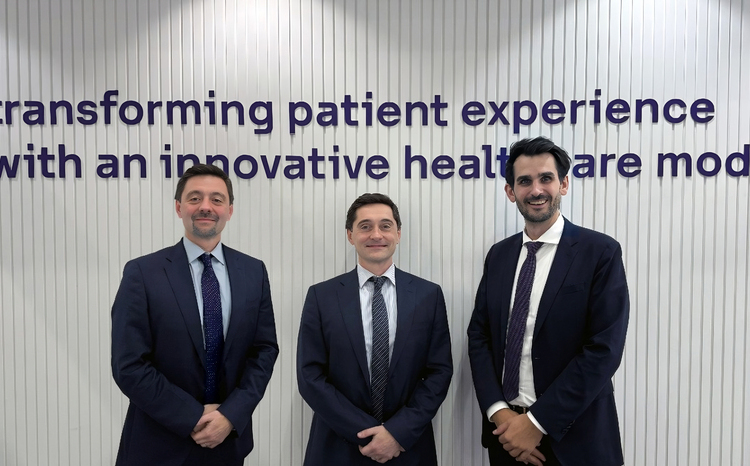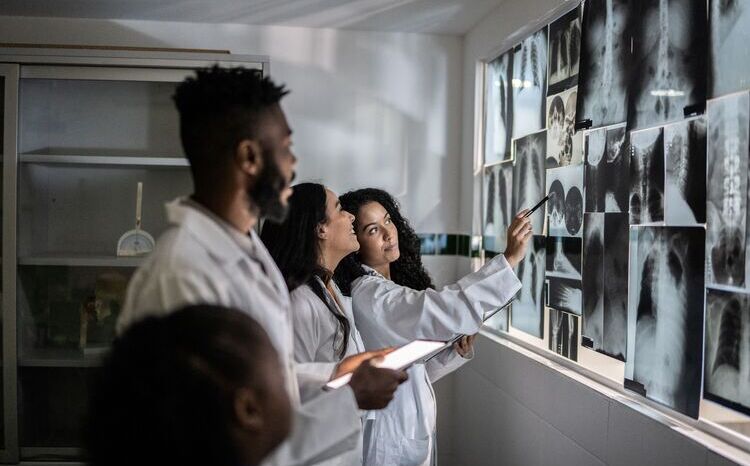Warning to trusts on NPfIT costs
- 28 June 2005
The Audit Commission and National Audit Office have warned that the National Programme for IT will be a new risk for NHS organisations to deal with in this financial year, calling the additional costs "considerable."
The two bodies’ joint report, "Financial Management in the NHS" says that the money will have to come from savings from having electronic records and booking systems installed centrally. It says: "The Department [of Health] states that the resultant savings can be offset against local implementation costs, although some NHS bodies have expressed concerns about possible shortfalls."
Some initial support will be available from Strategic Health Authorities and the DH, according to the report, but the local costs will need to be partly met by budgets of NHS organisations.
Upgrades to internal computer systems and networks, as well as training and costs associated with reconfiguring work practices, will not be funded centrally. The Audit Commission also names non-core systems such as pharmacy stock control and radiology information systems as being the responsibility of NHS organisations.
A spokesperson for the Department of Health said: "Our general response to the audit commission report is: yes, the NHS requires tight, high-quality financial management, and that goes for the national the whole of the NHS, not just the IT programme.
The DH was already spending a lot on centrally funded IT, said the spokesperson, and it was important to make sure that trusts spent their money on "the correct" IT. "The difficulty is that the money should be spent on systems that could work with the national programme."
Although some support had been given to trusts, said the DH, namely the £95m incentive for Primary Care Trusts for implementing Choose and Book, NHS organisations had to work within their existing financial boundaries and that they shouldn’t necessarily bank on extra support.
The report paints a generally gloomy picture of NHS finances, showing that 106 NHS bodies failed to balance their books in 2003-4 – a big rise on the previous year – and unaudited accounts for 2004-5 show that the NHS is running a £140m deficit.
Audit Commission chairman James Strachan said: "Financial management is now a matter of major concern for the NHS." In a BBC interview, he added: "If deficits are allowed to increase and increase, there will come a point when services will have to be cut back."
The cost of implementing nationally provided systems has been a sensitive issue over the past year. Last October, Computer Weekly published reports suggesting that the final price tag for implementing the National Programme for IT could rise to between £18.6bn and £31bn over ten years when local implementation costs are taken into account. A total of £6.8bn is allocated for NHS Connecting for Health, the central agency running the National Programme for IT.
At the time of the furore a Department of Health (DH) spokesperson, said that the business case for the National Programme for IT had always reflected these additional costs, following a general rule that implementation tends to cost around three to five times that of procurement.
Responding to the controversy about implementation costs, NHS IT director-general, Richard Granger, told Radio 4’s File on Four programme: "The programme is fully funded. You will see a target of 3.5-4% of total to be spent on making the right information available to run the NHS and serve patients, and we will sit well within that envelope."
The Wanless Review in 2002 recommended the NHS should raise its IT spend to 4% of revenue by 2008, from the then figure of around 1.5%, though the review foresaw IT modernisation happening on a wider canvas and included items such as telecare.
The National Audit Office is due to report later this year on the progress of the implementation of the National Programme for IT.




